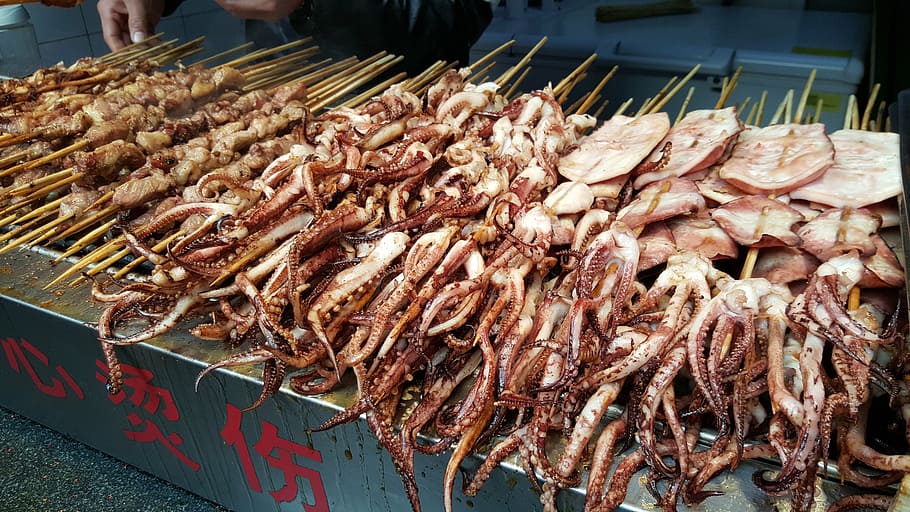News release
From:
Expert Reaction
These comments have been collated by the Science Media Centre to provide a variety of expert perspectives on this issue. Feel free to use these quotes in your stories. Views expressed are the personal opinions of the experts named. They do not represent the views of the SMC or any other organisation unless specifically stated.
Until there is a clear idea of the longevity of this virus, its repercussions on trade are just speculation. Initially it has caused disruption to tourism from China as well as sport and arts which depend on travel. There is also some disruption to education and other services. If the virus continues and there is a slowdown in Chinese manufacturing and construction then exports of iron ore and coal may start to be affected with consequent effects on the Australian economy.
Professor Raina MacIntyre is Head of the Biosecurity Program at the Kirby Institute at the University of NSW. She is an expert in influenza and emerging infectious diseases.
Is quarantining Aussies who have been in Wuhan on Christmas Island a sensible move, or is it overkill? Is there any reason they can’t be quarantined effectively here in Australia?
"It is a sensible idea. We are an Island nation without land borders, which gives us a unique advantage in trying to reduce the risk of an epidemic taking off here.
We have a history of quarantine like this. Our Quarantine station in Sydney closed as recently as the 1980s and was used to quarantine ships and their passengers during the Spanish flu pandemic, as it was an isolated location at the time. We found that the pandemic was delayed coming to Australia as a result.
If there is to be an epidemic in Australia, any delay is good. This buys time for development of drugs and vaccines.
The alternative for the current situation for people arriving from Wuhan, where NCoV is widespread, is home quarantine, which is less reliable and harder to manage with people scattered around the country.
People would also have to be relied on for voluntary self-quarantine in this situation, and there is a risk some may break quarantine.
We need to weigh up the balance between individual freedom and rights versus the public good, and infectious diseases epidemics pose a unique risk because of contagion.
For that reason we even have a longstanding Federal Quarantine Act and state Public Health Acts for situations where the greater protection of society must come before individual rights."
What does China’s lockdown of cities mean for Aussie imports and exports from China. Could it affect the Australian economy? And is this an issue for importing medical equipment?
"Serious epidemics can have devastating economic impacts. Especially on trade, travel and tourism industries. China is our most important trade partner, so this will have an impact."
Should Aussies be worried about ordering goods from China online? Could they be infected?
"I think the risk is low, unless you are ordering animal products from Wuhan or Hubei region. The SARS virus could survive a day or two on surfaces, but we do not have environmental survival data on NCoV yet. So, the risk should be low especially if the items are in transit a few days or more."
Associate Professor Ian Mackay is a clinical virologist at the University of Queensland
Quarantining healthy people who may go on to develop severe respiratory illness could put at risk their health and the health of those caring for and detaining them. It may even increase the number of cases depending on the state of the facilities available to them and whether they are kept apart from each other.
What remains unclear is whether the facility could manage severe disease and whether it will have enough expert medical professionals who are prepared for the infection control challenges presented by this respiratory virus.
Despite this being a very rapidly moving event, it’s important we all act with a precautionary principle view in mind, but as much as possible, don’t drift too far from evidence and experience.
As an aside, the public are already fearful, and they deserve to be receiving clear and frequent explanations for dramatic decisions that affect human lives.



 Australia; NSW; QLD; SA
Australia; NSW; QLD; SA


